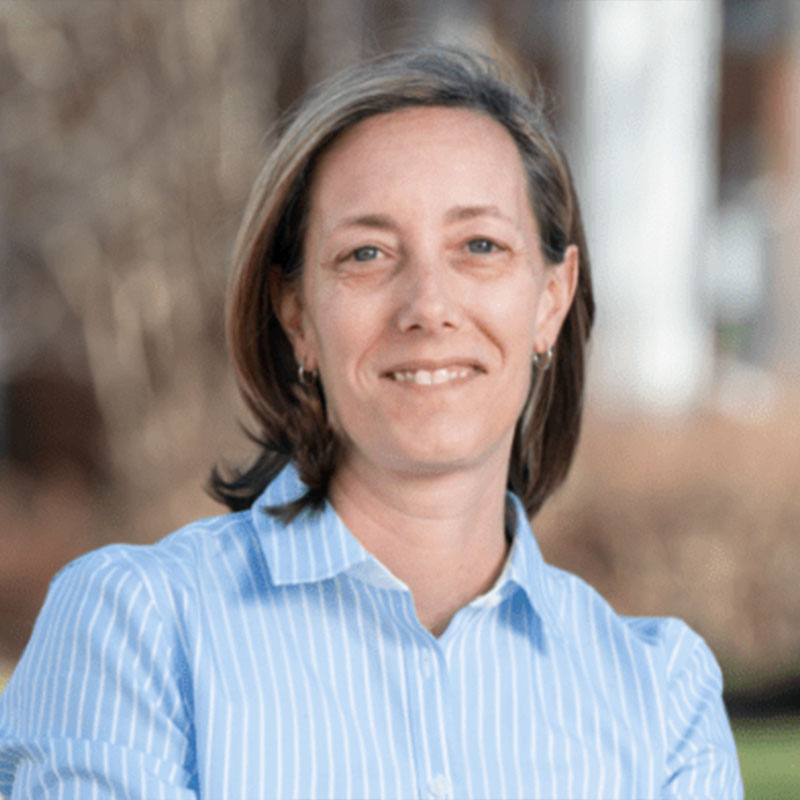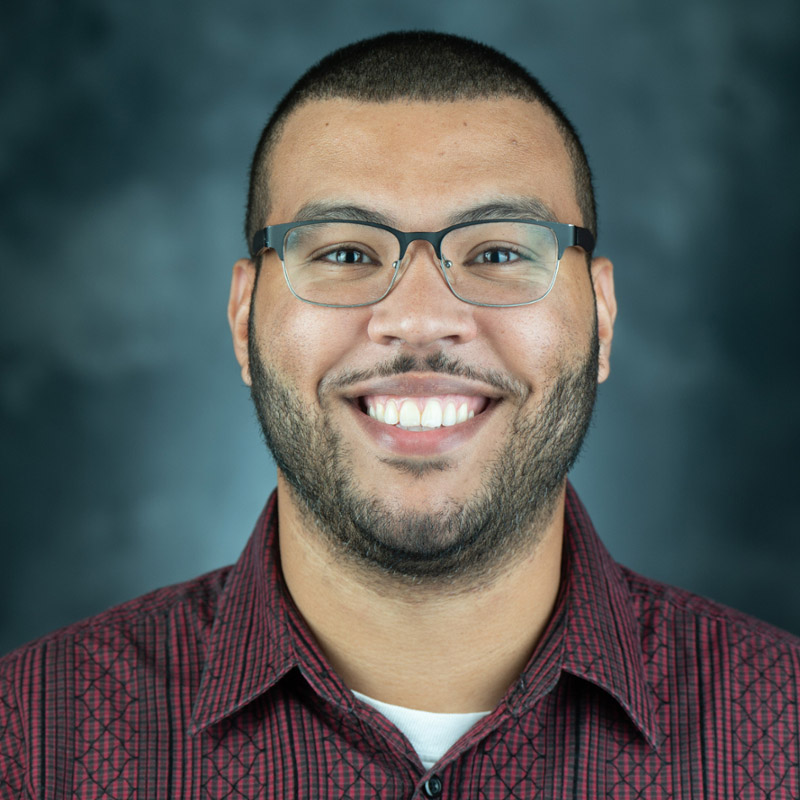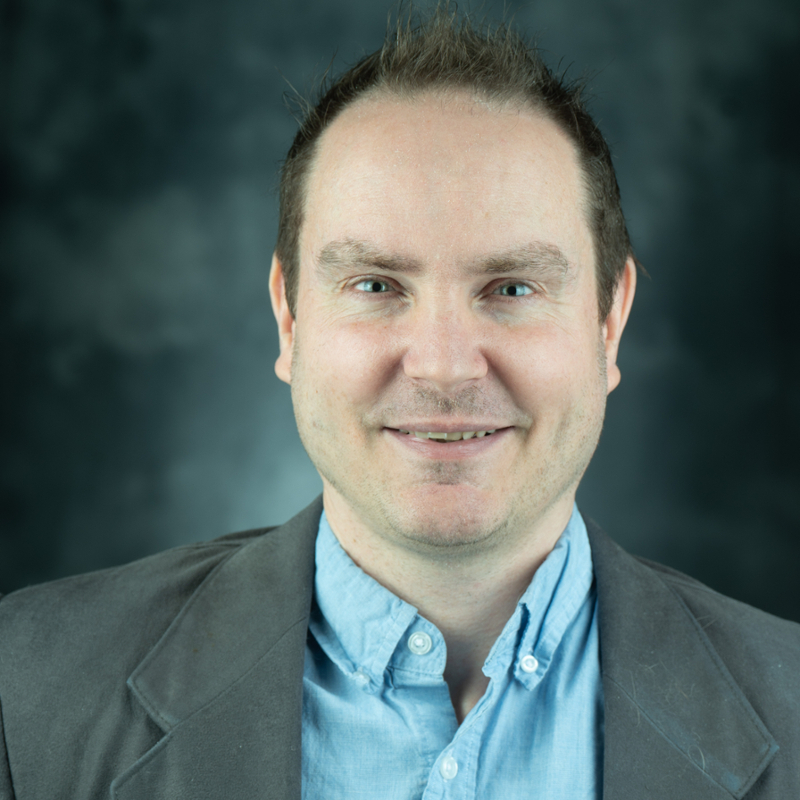2026 BDAIC Fellows
The BDAIC Fellows come from a diverse range of colleges across campus, serving as ambassadors who integrate data into every aspect of the university for faculty, staff, and students. With their support, BDAIC takes an interdisciplinary approach to advancing data and AI education, engagement, and support throughout Belmont University.








